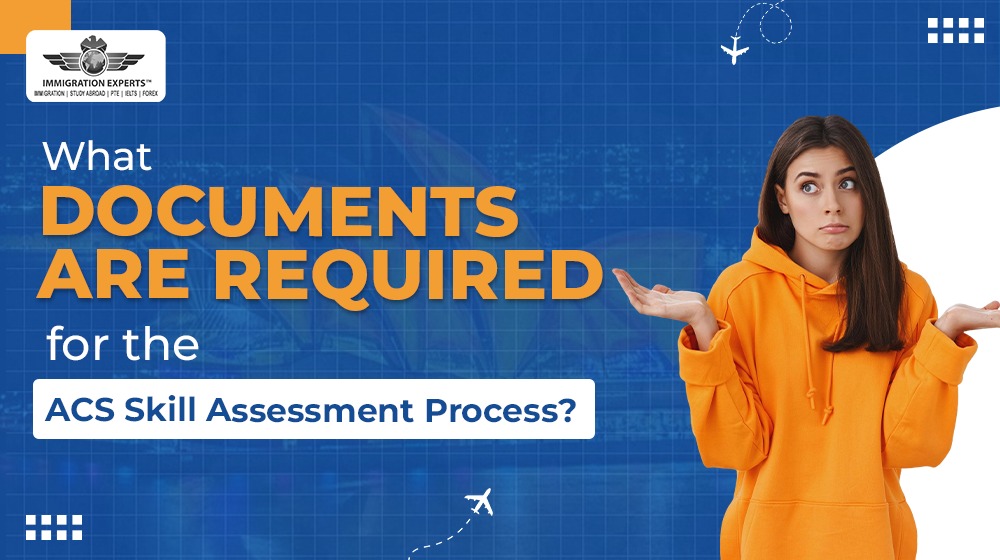
What Documents Are Required for the ACS Skill Assessment Process?
For professionals in the field of Information and Communications Technology (ICT) looking to migrate to Australia, obtaining a positive skills assessment from the Australian Computer Society (ACS) is a key step in the process. This assessment ensures that your academic background and professional experience meet Australian industry standards. The guide below outlines the essential documents required for a successful ACS skills evaluation.
Understanding the ACS Skill Assessment Document Requirements
1. Proof of Identity
Applicants must submit valid identification documents. These may include:
- Passport: A clear, color scan of the bio-data page displaying your full name, photo, date of birth, and passport number.
- Birth Certificate: If available, provide a copy. If it’s in a language other than English, include an official translation.
- National ID Card: A copy of your national identity card can serve as supplementary proof if needed.
2. Academic Credentials
To confirm your qualifications, you’ll need to provide:
- Degree Certificates: Copies of each awarded qualification, showing the title of the award, institution name, and date of completion.
- Academic Transcripts: Official transcripts showing subjects studied and grades achieved, issued on institutional letterhead with an official seal.
3. Employment References
To validate your relevant work experience in ICT, you must submit reference letters that contain:
- Position Details: A description of your job title and duties relevant to the nominated ICT role.
- Dates of Employment: Clearly indicated start and end dates for each job.
- Work Schedule: Specify whether the position was full-time or part-time.
- Company Details: Must be on official letterhead, signed by an authorized individual, and include the company’s full contact information.
4. Resume or Curriculum Vitae (CV)
Submit a current CV or résumé that outlines your educational history, professional experience, technical proficiencies, and any continuing professional development. Make sure this aligns with other submitted documents.
5. Recognition of Prior Learning (RPL)
If you lack formal ICT qualifications, you’ll need to complete an RPL submission. This should include:
- Core Knowledge Areas: A detailed explanation of your ICT knowledge relevant to your chosen occupation.
- Project Reports: Two in-depth reports showcasing your hands-on experience, project responsibilities, technologies used, and outcomes.
6. Industry Certifications & Training
Include any additional ICT-related certificates from professional courses, workshops, or training programs. These credentials reinforce your technical expertise and continued learning.
7. Statutory Declarations or Affidavits
If you are unable to obtain formal employment references, you can submit a statutory declaration or affidavit that:
- Justifies Missing Documents: Explain why official references cannot be provided.
- Details Employment: Include a comprehensive summary of your job title, tasks, and employment duration.
- Ensure the statement is legally witnessed or notarized in line with local regulations.
8. Payment Confirmation
Attach proof of payment for your ACS assessment fee. The exact cost depends on the type of evaluation you apply for.
Recommended Read: ACS Skill Assessment
Final Thoughts:
Careful preparation and precise documentation are essential to a successful ACS skills assessment. Ensure all documents are current, factual, and clearly presented. Any document in a language other than English must be accompanied by a certified translation. Where official documents can’t be provided, legal declarations can be used as substitutes.
A thorough and well-structured application not only boosts your chances of a favorable outcome but also reflects the level of professionalism expected in the ICT sector. Since this assessment is a significant step toward securing a work visa for Australia, investing the necessary time and effort sets the stage for a smoother migration process and a successful career ahead.





